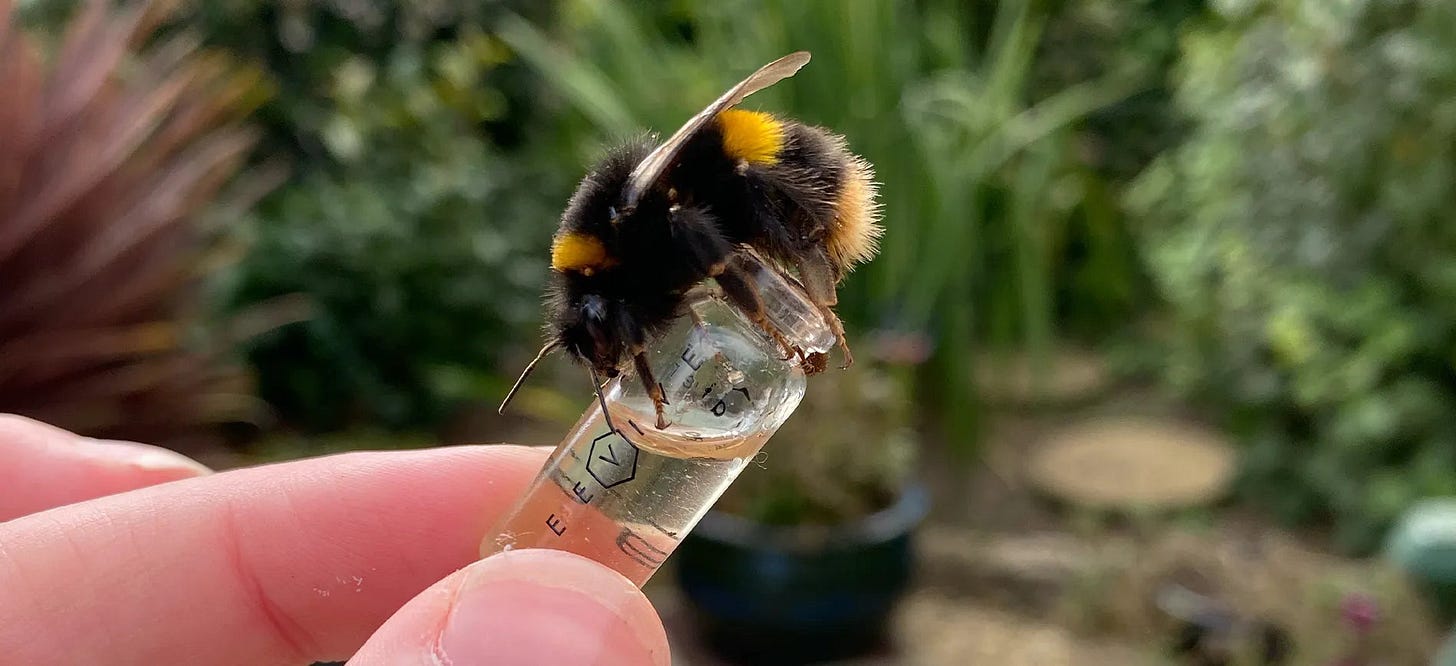How much should 80k's US policy career advice change in light of the Supreme Court striking down Chevron deference? My quick take: In principle this is more power for the judiciary, but they still lack the power to initiate policy changes. So my quick take is it probably means someone who was undecided or weakly in favor of executive branch should try to get a job in Congress now. Should be a premium on experts who can write detailed legislation well now that that responsibility can't be delegated to the agencies. Interested in hearing others' thoughts.
Yeah my assumption is the same skills are in still in demand in roughly the same proportions but you'll just be working in a different building.
The main impact is if you were planning on working on implementing some rule that now faces serious constitutional questions and might be struck down.
Current or former Congressional staffers, help me out in the DMs:
I see members of Congress fairly often for short periods of time, and I feel like most of my time with them is wasted in chitchat or just like...whatever's in the news. I wanna start using the time more effectively to promote the best available policy interventions at a given time. Assuming I will spend 5 minutes with a Congressperson per week (could be my Rep, could be others), and probably only have like 10 min available to spend on figuring out what to talk to them about, how do I efficiently figure out what I should be pushing that week? Should I just be a broken record about some specific thing no one is doing right now (esp given that I have access to Members other than my own; maybe this is a useful coordinating function), or should I focus more on already pending legislation?
Bonus points if you can suggest how to figure out timely appropriations that I should ask state/local elected officials to lobby for; I get wayyyyy more facetime with them.
I want to note that the political staffer talent gap previously observed in posts such as "Go Republican, Young EA" has swung in the opposite direction now.
America PAC ran a get out the vote campaign that Dems are still struggling to understand and most staffers in the party still don't grasp that it did this because "hurr hurr Elon dumb bad man". To the smartest among us it was obvious at the time that he was running circles around the Harris campaign, but the Harris campaign's leadership seemed to sincerely believe they had the stronger field campaign because they couldn't see outside the limited set of metrics they were using.
The tech--->right wing politics pipeline has ensured that the GOP will have it's share of the most talented and ambitious young staffers. Meanwhile the Dems seem to be actively seeking out staff who don't want to work too hard, reducing the hours campaign staffers are expected to work and in some cases even the hours Congressional staffers are required to work, to levels where it's not really possible to do such a difficult job competently. More broadly, a lot of management practices have become focused on the comfort of the staff rather than the accomplishment of the mission. This obviously discourages people who want to do a good job from even applying.
Given the Dems' ideologically-driven preference for lower-quality staff and dysfunctional operating conditions, I think it's somewhat tricky to arbitrage this, but you could either run in a primary against a Dem candidate who has adopted bad hiring practices, or go to work for a candidate who has rejected such practices, and your odds of winning would be higher than most outside observers would expect. James Carville expressed a frustration that many of us in the Democratic party have with the quality of young staffers in this video: https://www.facebook.com/reel/918431933580060. I think more candidates and elected officials over the next few years will start to select more for staff who are achievement-oriented rather than lifestyle-oriented, but this change will be pretty unevenly adopted.




How much should 80k's US policy career advice change in light of the Supreme Court striking down Chevron deference? My quick take: In principle this is more power for the judiciary, but they still lack the power to initiate policy changes. So my quick take is it probably means someone who was undecided or weakly in favor of executive branch should try to get a job in Congress now. Should be a premium on experts who can write detailed legislation well now that that responsibility can't be delegated to the agencies. Interested in hearing others' thoughts.
One issue I missed above: because Congressional action typically requires consensus far more than the executive branch which is under the control of a single party, bipartisanship is now more important.